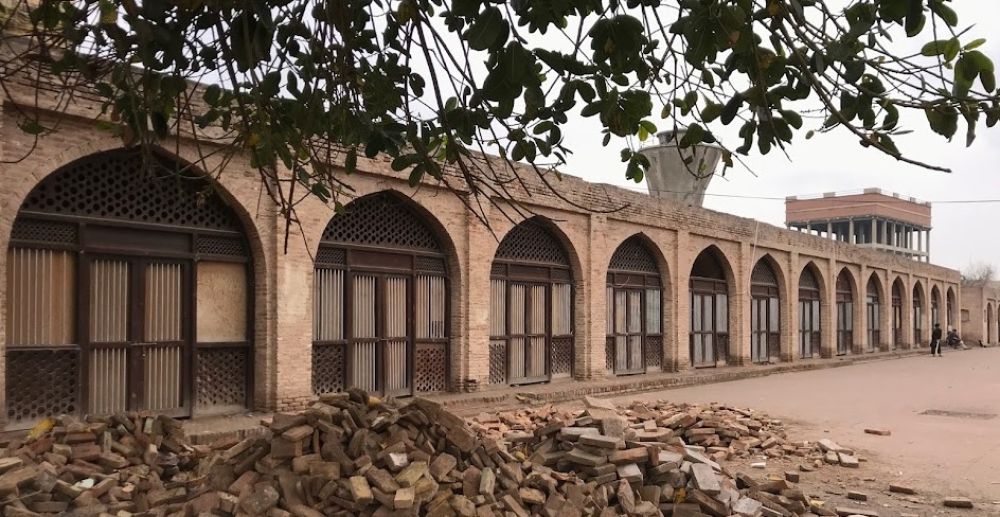Gor Khatri, an archaeological site and museum, embodies the deep historical roots of Peshawar, Pakistan. It serves as a splendid testament to the city's rich cultural tapestry. Situated in the old walled city of Peshawar, it has been a place of worship, a caravanserai, and a fort over the centuries. Gor Khatri's name is derived from 'Gorkhattri' signifying 'warrior's grave'. The site has seen numerous civilizations come and go, including Achaemenids, Greeks, Mauryans, Mughals, and British. Excavations have unearthed layers of history, including a Mughal-era serai and the remains of the city's past defenses. It also holds a significance for Buddhists due to relics associated with Buddha's alms bowl. Gor Khatri is complex housing temples, sacred spots, and a museum that encapsulates regional history. The area becomes vibrant during annual festivals and is an excellent place for tourists who seek to unravel Peshawar's historical saga. It now stands as a beacon of Peshawar's heritage, reflecting its multicultural legacy and enduring spirit.

